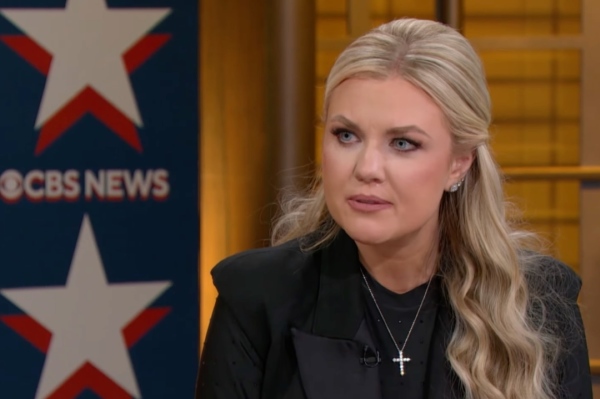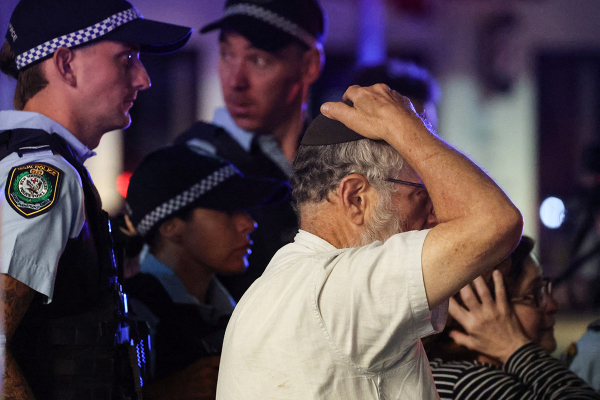Apologists Ask Churches to Step Up Response to Militant Atheism
As more atheist-centered books and movies make their way to mainstream culture, two best-selling Christian apologists are encouraging churches to better equip their congregation to respond to what they call a more outspoken and "confident" atheism.
"The arguments are not really new but the ferociousness" with which atheists are lobbing their attacks "are coming much stronger," Mark Mittelberg, primary author of Becoming a Contagious Christian, said in a teleconference on Tuesday.
The teleconference, hosted by Outreach Training, was for pastors who were interested in updating their churches' apologetics approaches amid an onslaught of pro-atheist books and movies in recent years. Books like Richard Dawkins' The God Delusion and Christopher Hitchens' God is Not Great have made best-selling lists. Meanwhile, movies like The Da Vinci Code, The Jesus Family Tomb and The Golden Compass have claimed widespread media attention.
These books and movies are not just posing challenges to the basic tenets of the Christian faith, according to Mittelberg, but they are also empowering attacks against Christianity.
Lee Strobel, author of the best-selling The Case for Christ, agreed with Mittelberg that many Christians are raised to believe in doctrine but are not adequately taught on why their faith is true or how to support their faith with evidence.
"Churches need to help them reach out to their friends, colleagues and family members with the good news of Christ" using data that supports the good news as true, said Strobel, a former atheist.
The two apologists recommended that pastors become familiar with both books by atheist authors and those by Christian apologists.
Mittelberg said pastors can identify "key sharp lay leaders" within the local church to help them do further apologetics research or become the starting point for an apologetics ministry.
"There are people who love this," said Mittelberg. "If you can identify these people, you can build a ministry around them."
Another suggestion was for churches to organize a panel discussion on hot button topics in Christianity such the resurrection and divinity of Jesus. Churches would invite professors and experts from opposing sides to debate selected topics in Christianity or field questions from the audience.
"A lot of Christians assume they are hanging on to a shred of faith – that they are clinging by their fingernails. They don't know that the truth is on our side," noted Mittelberg.
For churches with more limited resources, Strobel recommended subscribing to a satellite feed that would stream live broadcasts of his seminars straight to the church. His next scheduled one-day live training seminar, "Investigating Faith," will be held on March 8 at Word Evangelical Presbyterian Church in Northville, Mich. Churches will be able to view the presentation in real time through Church Communication Network.
Strobel also asked pastors to consider setting up seeker small groups. While Strobel's small group curriculum won't be available until this Fall, he recommended Garry Poole's Seeker Small Groups as a resource.
"There are great answers to these challenges," said Mittelberg. "We just got to do our homework."





















